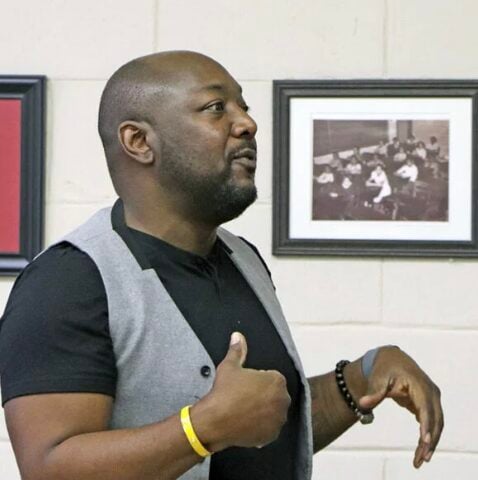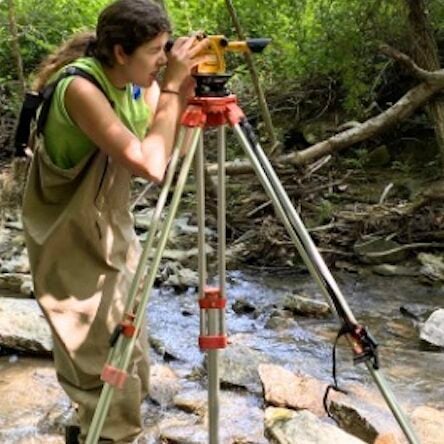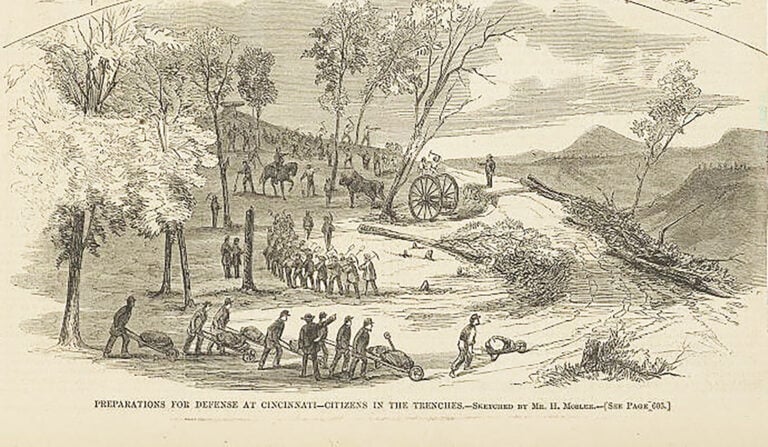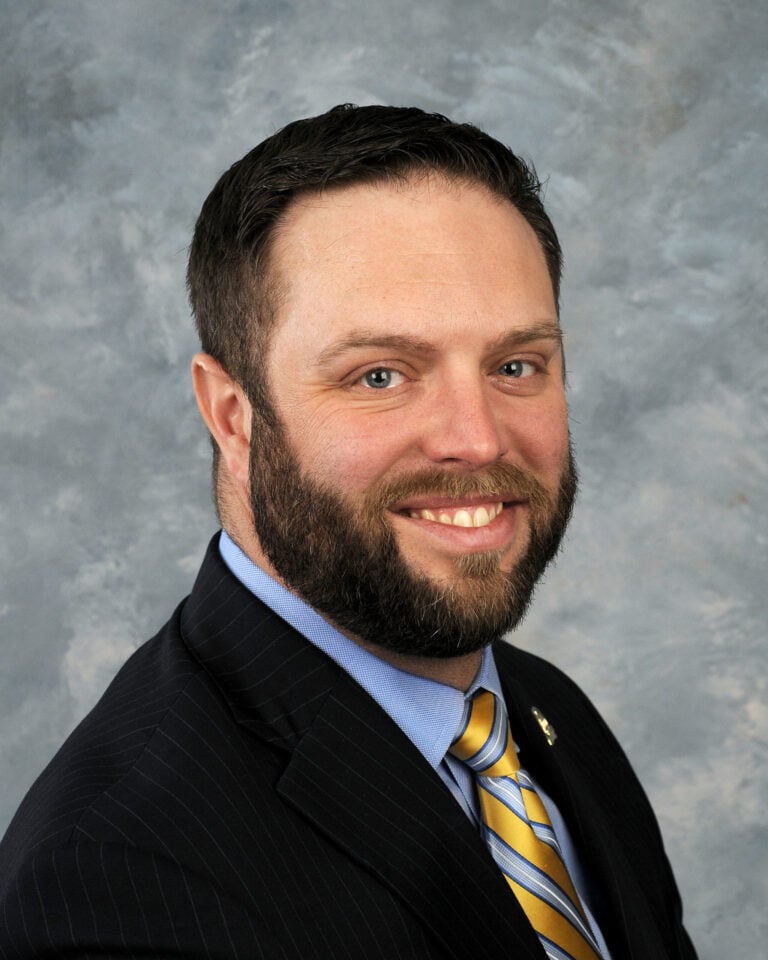By St. Elizabeth News Service
In recognition of April as Autism Awareness Month, Dr. James Hahn, a pediatrician with St. Elizabeth Physicians’ Aurora office, offers some advice to parents of children with autism and debunks some myths surrounding the disease.
Defined as a developmental disorder of children and characterized by impaired communication, excessive rigidity and emotional detachment, autism is now considered part of a larger group of disorders called autism spectrum disorders.
Advice to parents
1) Speak up.
This is for parents who haven’t received an autism diagnosis for their child yet but simply suspect something might be not right with their child’s development or behavior, which is where most autism diagnoses begin, Hahn said.
“The earlier we can identify problems and the earlier kids can get the treatment they need, the better kids do,” he said, “so if you don’t think something is normal, bring it up, speak up, and partner with your pediatrician to get help with a diagnosis, with support, with referrals to specialists and to community resources.”
2) Educate yourself.
Once you’ve armed yourself with all of the (reputable) information you can find out there about autism, you also need to learn everything you can about the services that are available, Hahn said.
Every state has early intervention programs, but every community is different in terms of therapies and services offered, so find out what’s available to you where you live.

Also, Hahn said, reach out to other parents and families who have autistic children.
“I think this is one area that’s exploding with autism because we’re seeing the incidence of diagnoses increasing and more and more support groups are popping up,” he said.
You can find support online, too.
“For many parents, hearing the diagnosis might make them feel totally lost, but talking with other families who have already navigated the system is helpful,” Hahn said. “You can ask them where you should go, who you should talk to, what’s in place at the school and what’s in place in the community.”
3) Be wary of treatment options.
Just because a complementary or alternative treatment option doesn’t have scientific literature or randomized controlled trials to back it up, it doesn’t mean it wouldn’t be helpful for your family or your autistic child, Hahn said, but you should talk with your pediatrician first before starting any non-traditional therapies.
“Many alternative treatments are benign and I can give a green light without much thought,” he said, but some can have harmful side effects. Also, therapies that involve changes to a child’s diet could cause nutritional deficiencies and those would need to be addressed.
“Have an open dialogue with your pediatrician before starting other kinds of therapy,” Hahn said.
Autism myths debunked
Whether the cases of autism nationwide are growing or only its awareness and diagnostic criteria are, one thing is for sure: There are a lot of misconceptions out there about autism. Hahn sets the record straight on some widely held myths about autism.
The myth: Autism is linked to vaccines.
The facts: This is the most pervasive and damaging myth, according to Hahn.
The myth, Hahn said, is largely based on a 1998 study suggesting a causal link between vaccines and autism. The study has since been retracted, and the medical license of its author stripped due to fraud and improper research practices.
The dozens of research studies since then have all concluded that vaccines are safe and that no link exists between them and autism. This myth also persists in some part due to the unfortunate fact that around 25 percent of kids with autism experience regression in skills around 18 to 24 months of age, the same period in which kids typically receive vaccines.
“Once people’s minds are made up, it can be difficult to change,” Hahn said. “People tend to look for evidence to support what they already think and refute any evidence to the contrary. There’s a difference between searching and researching.”
(Hahn recommends people visit the American Academy of Pediatrics’ Healthy Children site for reputable research on the safety and effectiveness of vaccines – healthychildren.org/vaccinestudies.)
The myth: All children with autism have mental or intellectual disabilities.
The facts: It’s a mistake to over-generalize autism, Hahn said. All kids are different and have different strengths and weaknesses, and the same is true for kids with autism.
Although many kids with autism have mental or intellectual disabilities, many kids with autism have normal or even above-average intelligence.
The myth: All children with autism are savants.
The facts: People often can mistakenly equate autism with Dustin Hoffman’s character in the 1988 movie “Rain Man,” Hahn said.
Although there is a small percentage of children – around 10 percent – who have savant abilities, this isn’t the norm.
The myth: Complementary or alternative medicines cure children with autism.
The facts: The hard truth is, there’s no cure for autism, Hahn said. Parents who want to try a complementary or alternative medicine for their autistic child are welcome to explore those therapies, but should only do so after first consulting the child’s pediatrician.
“For the vast majority of patients, autism requires lifelong management,” Hahn said, “so diets or alternative medicines that have been touted as the next big thing in autism treatment probably won’t hurt, but also might not help your child and can be very costly. And, if you change your child’s diet, the pediatrician should be consulted because it could cause nutritional deficiencies that need to be addressed.”
The myth: There is an identifiable cause for autism and, sometimes, it’s something the parents did that’s to blame.
The fact: Although it’s hard for parents to accept after an autism diagnosis, there just isn’t an identifiable cause with the majority of autism cases.
In fact, in only 10 to 20 percent of cases can doctors identify a chromosomal or genetic problem as the cause.
“A lot of times, parents are blaming themselves for something they’ve done or perceived to have done, but that’s just not the case,” Hahn said. “The truth is that while we suspect that autism stems from genetic and environmental risk factors, that still has to be fleshed out a bit more. We’re in the infancy stages of understanding the true causes.”

















